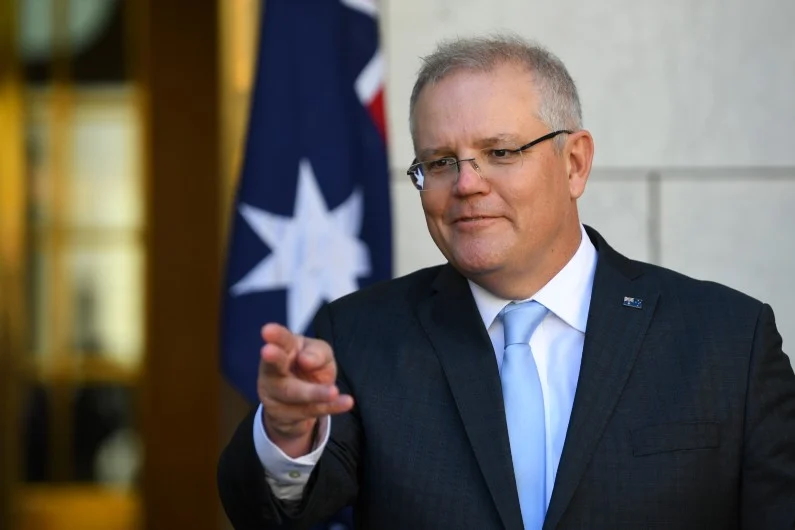Defence surges to support aged care sector
- Written by Scott Morrison

The Morrison Government will deploy up to 1,700 Australian Defence Force personnel to support staff in the aged care sector.
This immediate support through the Department of Health will help stabilise outbreaks and support staff shortages in residential aged care facilities.
Over the weekend, ADF personnel undertook induction training with healthcare provider Aspen Medical and joined civilian staff in aged care facilities that afternoon.
Defence will deploy four Quick Response Support Teams this week. These teams will consist of nurses and general support staff and will expand to a total of 10 teams from next week.
Defence is readying specialist teams of 50 personnel in the four states experiencing greatest pressure (Queensland, New South Wales, Victoria and South Australia) from 9 February. Defence is ready to expand this commitment to up to 200 personnel in each state and territory, or up to 1,700 personnel, if required.
The ADF is not a shadow workforce and cannot replace skilled aged care workers, but they will assist across facilities including logistics and general duties tasks. For example screening of entrants to facilities, providing companionship to residents, supporting with meals and other non-direct care functions to take the pressure off qualified aged care workers and medical staff. Where they are medically qualified, ADF personnel will assist with those duties.
This effort builds on the significant contribution Defence has made to help the effort to combat the COVID-19 pandemic including more than 24,000 ADF who have contributed to Operation COVID-19 ASSIST including quarantine compliance and management, contact tracing, ambulance driving, delivery of food to vulnerable Australians, and during the outbreaks in aged care in Victoria in 2020.
This ADF surge is in addition to the work already underway to support the aged care sector. That includes delivering 10.7 million rapid antigen tests to facilities since August, provision of 42.9 million masks and 15.7 million gowns and covering more than 80,000 shifts with our Government’s surge workforce initiative.
Under an agreement with the private hospitals, additional staff are being made available for aged care and the changes to furloughing guidance is providing additional capacity. This is on top of a successful program to recruit retired staff to return to the workforce and re-deploying staff on other aged care programs to assist with on the ground support.
It follows interim guidance to the sector, issued in early January, which set out advice to residential and home care providers aimed at protecting the workforce and limiting exposure risks through strengthened screening, including use of rapid antigen tests and additional PPE requirements.
By the end of today, 100 per cent of aged care facilities across the country will have received a booster clinic.
Our whole of government effort will continue our work to help provide safe and quality care to vulnerable older Australians.

















